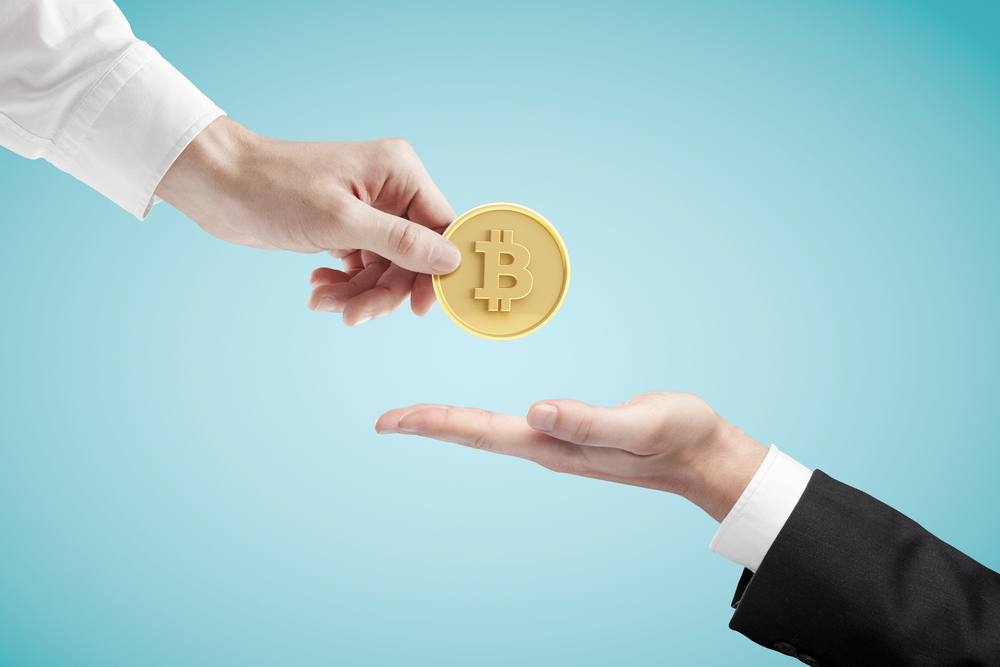Genesis Completes Restructuring, Begins $4 Billion Payout to Creditors
03.08.2024 2:27 2 min. read Alexander Stefanov
Genesis has successfully concluded its restructuring and begun distributing about $4 billion in digital assets and cash to its creditors, according to a statement on August 2.
Creditors will receive an average of 64% of their crypto claims, though this varies by cryptocurrency. Bitcoin holders will get back 51.28% of their holdings, Ethereum creditors 65.87%, and Solana holders 29.58%. Other altcoin holders will recover 87.65%, while those owed stablecoins or US dollars will be paid in full.
There is potential for creditors to receive additional funds based on ongoing claims reconciliation, contractual rights, and the outcomes of litigation.
Genesis has also created a $70 million litigation fund to pursue claims against various third parties, including its parent company, Digital Currency Group. This fund includes $26 million in Bitcoin, $13 million in Ethereum, and $31 million in cash.
Mark Renzi from BRG has been appointed as the plan administrator to oversee the wind-down process, with a new board of directors also being established.
This marks the end of a bankruptcy process that began in January 2023, prompted by significant losses from the FTX exchange collapse. At that time, Genesis reported owing over $3.5 billion to its top 50 creditors.
Recent on-chain data indicates that Genesis has started repaying creditors, including a $19.9 million Ethereum transfer to a wallet linked to Mark Cuban. Prior to this, Genesis moved 16,600 BTC and 166,300 ETH on August 2 to settle other claims, as reported by blockchain analysis platform Lookonchain. The repayment process began earlier in the week, with Genesis transferring around $3 billion in crypto assets over three days.
-
1
Weekly Recap: Key Shifts and Milestones Across the Crypto Ecosystem
06.07.2025 17:00 4 min. read -
2
Trump Imposes 50% Tariff on Brazil: Political Tensions and Censorship at the Center
10.07.2025 7:00 2 min. read -
3
Key Crypto Events to Watch in the Next Months
20.07.2025 22:00 2 min. read -
4
USA Imposes Tariffs on Multiple Countries: How the Crypto Market Could React
08.07.2025 8:30 2 min. read -
5
UAE Regulators Dismiss Toncoin Residency Rumors
07.07.2025 11:12 2 min. read
Two Upcoming Decisions Could Shake Crypto Markets This Week
The final days of July could bring critical developments that reshape investor sentiment and influence the next leg of the crypto market’s trend.
Winklevoss Slams JPMorgan for Blocking Gemini’s Banking Access
Tyler Winklevoss, co-founder of crypto exchange Gemini, has accused JPMorgan of retaliating against the platform by freezing its effort to restore banking services.
Robert Kiyosaki Warns: ETFs Aren’t The Real Thing
Renowned author and financial educator Robert Kiyosaki has issued a word of caution to everyday investors relying too heavily on exchange-traded funds (ETFs).
Bitwise CIO: The Four-Year Crypto Cycle is Breaking Down
The classic four-year crypto market cycle—long driven by Bitcoin halvings and boom-bust investor behavior—is losing relevance, according to Bitwise CIO Matt Hougan.
-
1
Weekly Recap: Key Shifts and Milestones Across the Crypto Ecosystem
06.07.2025 17:00 4 min. read -
2
Trump Imposes 50% Tariff on Brazil: Political Tensions and Censorship at the Center
10.07.2025 7:00 2 min. read -
3
Key Crypto Events to Watch in the Next Months
20.07.2025 22:00 2 min. read -
4
USA Imposes Tariffs on Multiple Countries: How the Crypto Market Could React
08.07.2025 8:30 2 min. read -
5
UAE Regulators Dismiss Toncoin Residency Rumors
07.07.2025 11:12 2 min. read


